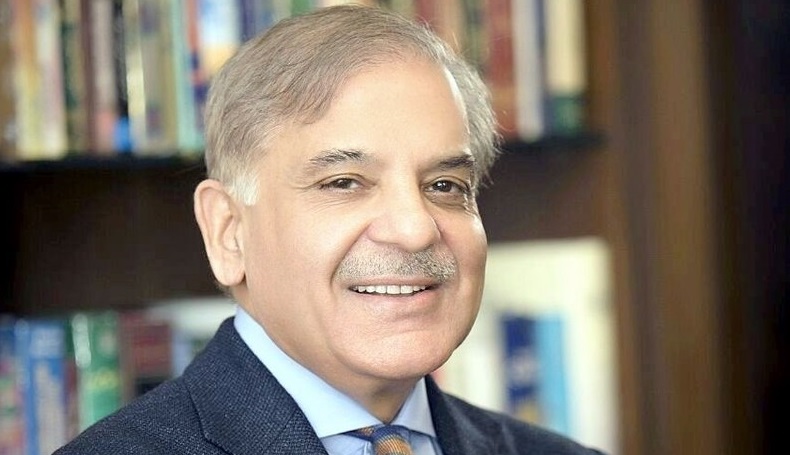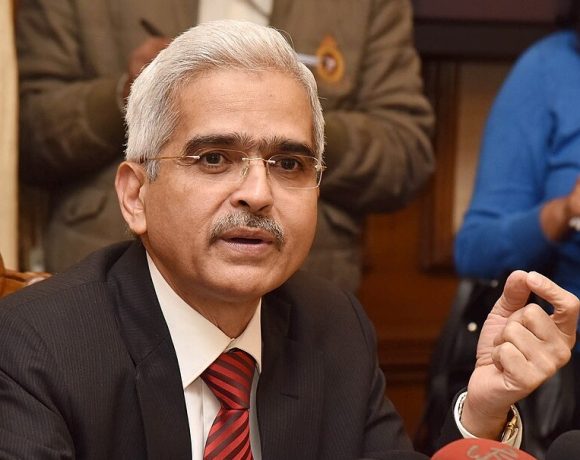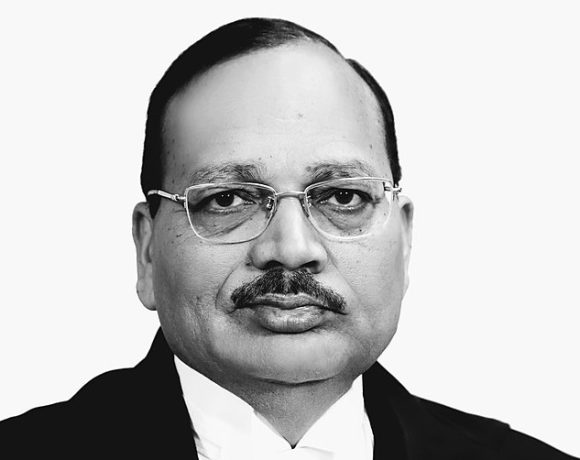
India Defence Secretary Slams Pakistan’s Civilian Leadership, Flags China–Turkey Nexus
India’s Defence Secretary Rajesh Kumar Singh has taken a rare and direct swipe at Pakistan’s internal power structure, calling the recent luncheon between Pakistan Army Chief General Asim Munir and former U.S. President Donald Trump an “embarrassment” for Pakistan’s civilian leadership. His remarks underscore New Delhi’s long-standing concerns over the military’s dominance in Islamabad’s decision-making.
Addressing a strategic policy forum, Singh questioned why the democratically elected Prime Minister of Pakistan, Shehbaz Sharif, was not part of such a high-profile engagement. Without naming Sharif directly, he hinted at the deep-rooted imbalance in Pakistan’s power dynamics, where the army continues to take the lead on diplomacy, governance, and even bilateral outreach to foreign powers.
Defence Jibe
Singh’s comments are particularly striking given their timing and tone. By describing the Trump–Munir meeting as an embarrassment, he publicly highlighted the erosion of civilian authority in Pakistan. The remark served as a subtle yet firm assertion of India’s position that civilian supremacy must be central to functional democracies—a model India claims to uphold, especially in contrast with its western neighbor.
He further stated that such instances diminish the credibility of Pakistan’s democratic institutions and reflect how military figures continue to dictate the country’s external engagements and domestic priorities.
Pakistan Military
India has long observed the disproportionate role of the Pakistani military in state affairs. Singh’s statement mirrors this unease, suggesting that India views Pakistan’s civil–military imbalance not just as a domestic issue for Islamabad but as a factor impacting broader regional stability. By highlighting this at an official forum, Singh signaled New Delhi’s intention to draw international attention to Pakistan’s governance model.
Regional Security Warning
Singh also sounded the alarm over a growing China–Turkey nexus, describing it as a “strategic axis” forming in the region. According to him, the deepening military and technological cooperation between Beijing and Ankara could pose serious challenges to regional equilibrium, particularly in South Asia and West Asia. He emphasized that India must prepare for evolving alliances that may influence defense postures, proxy alignments, and regional diplomacy.
The Defence Secretary called for sustained vigilance and stronger partnerships with like-minded nations to counterbalance the shifting geopolitical landscape, cautioning that complacency could lead to strategic vulnerabilities.


















